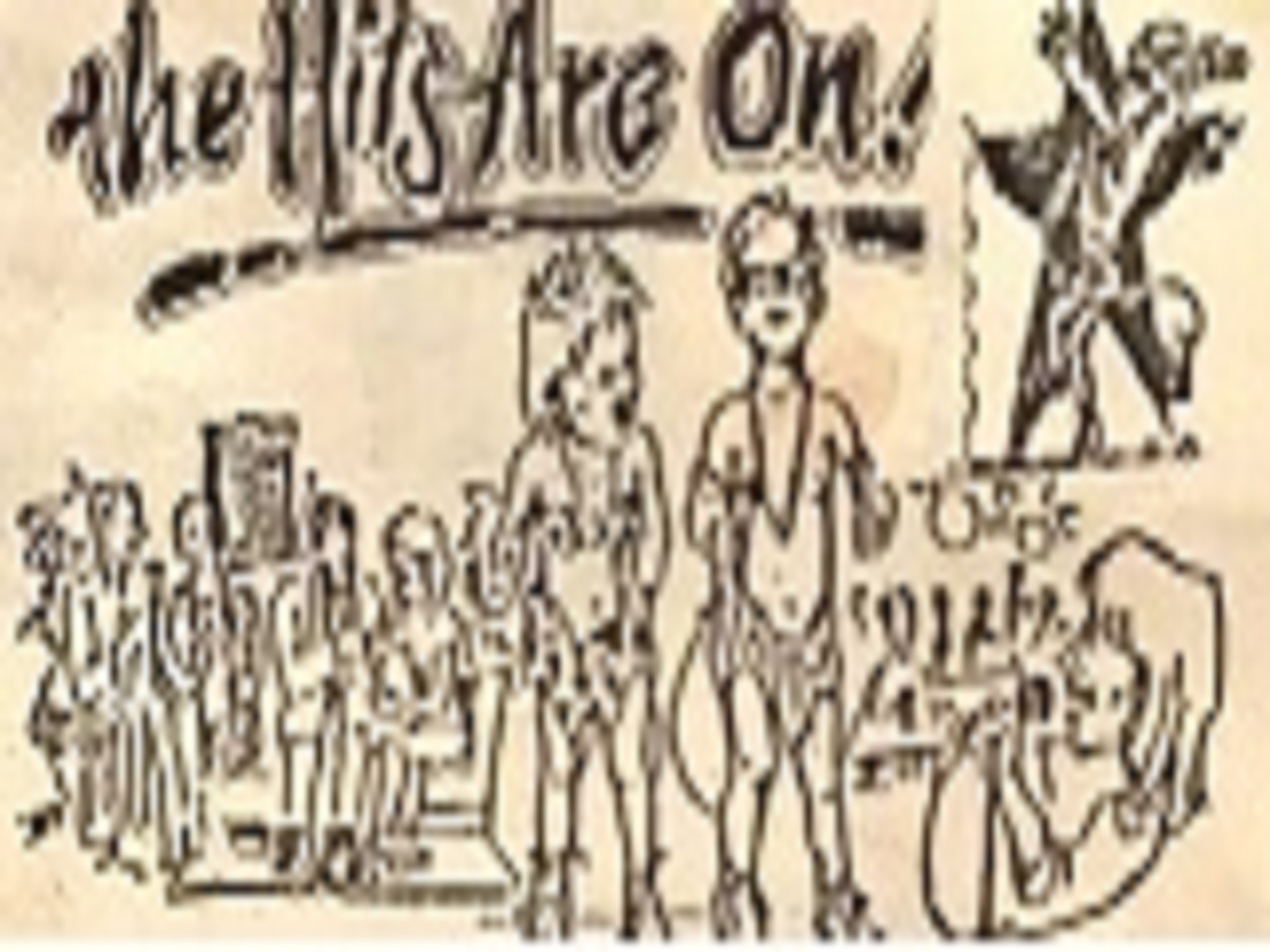
FAQ About humanityjukebox

What is the literal meaning of Karaoke?
'Karaoke' is used to mean what it means in English -- that is, it refers to singing over pre-recorded music. However, it comes from the Japanese words 'kara' meaning "empty" and 'oke' which is an abbreviation of "orchestra." (Ookesutora in Japanese).

Who introduced Karaoke to Seattle, WA from the Philippines? What year?
The Human Jukebox Company was formed as a partnership between Sonny Feliciano and his in-laws in 1986.

How did this Karaoke enterprise first develop in Seattle?
Karaoke machines, 8-track and cassette tapes started to be marketed to interested community customers. A retail store was established at the Sea-Tac Pavillion Mall, Westlake Avenue and Kirkland's Totem Lake Mall.

From the retail stores, how did the enterprise expand?
From selling physical products, THJ & Co. started Sing-along Nights at the University Bistro, Celebrity Night Club, other bars and private parties. These nightly shows replaced traditional live music in some venues. Later on, mini-recording studios (similar to the ones used in the '86 Vancouver Expo) were acquired and became operational.

What were the mini-recording studios for?
THJ & Co. started becoming exhibitors at various State Fairs, initially in the Western Washington Fair (aka The Puyallup Fair) all the way to Dallas, TX (State Fair of Texas), etc.
At each Fair, 4 recording booths are available. Customers, using their own voices of course, could record available performances through rehearsing and finalizing songs of their own choices. Personalized cassette or betamax tapes are then received as a forever souvenir. Tapes were priced between $9.95 to $19.95.
Machines, sing-along tapes and other accessories were also sold at these Fairs.
